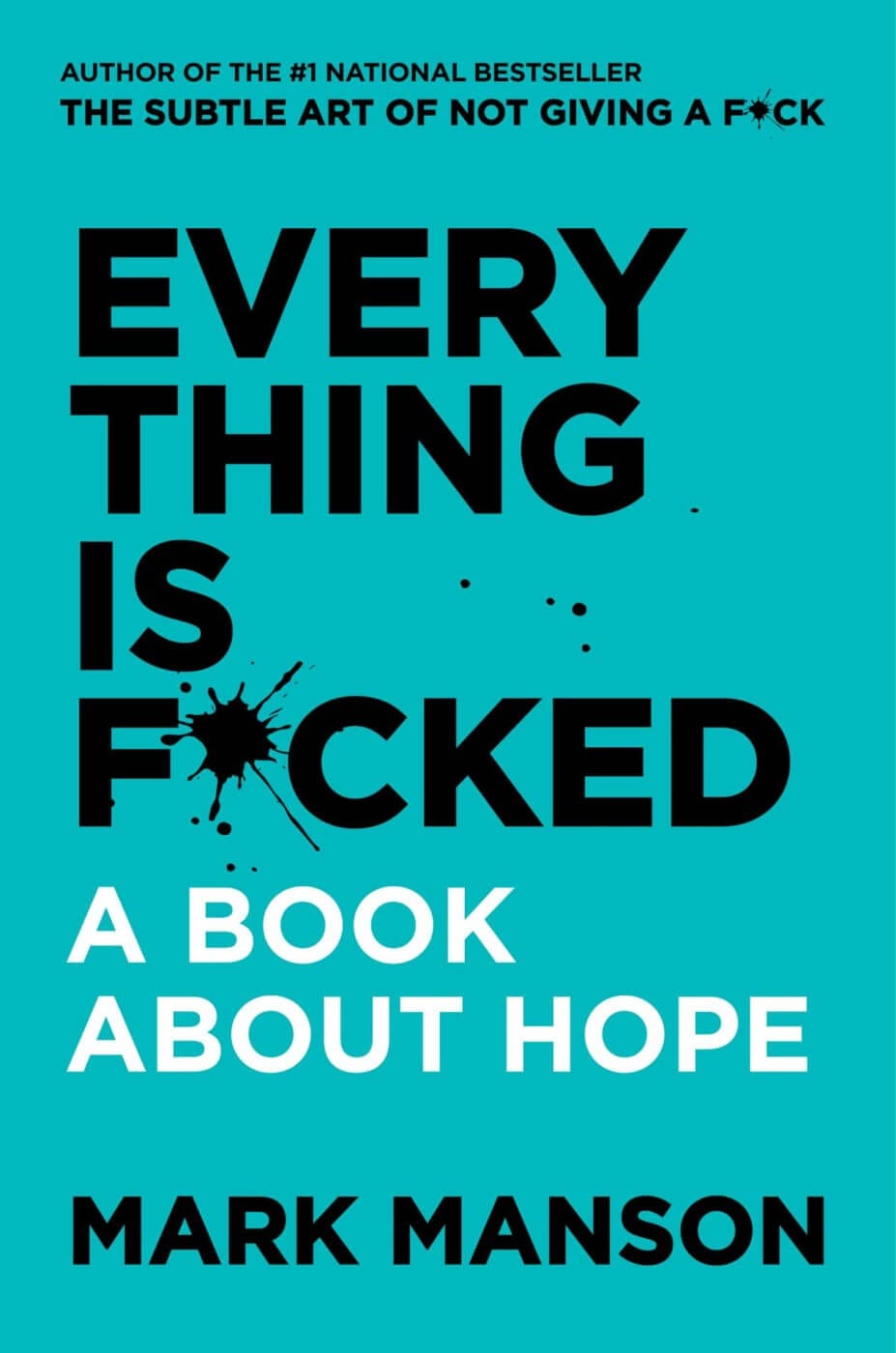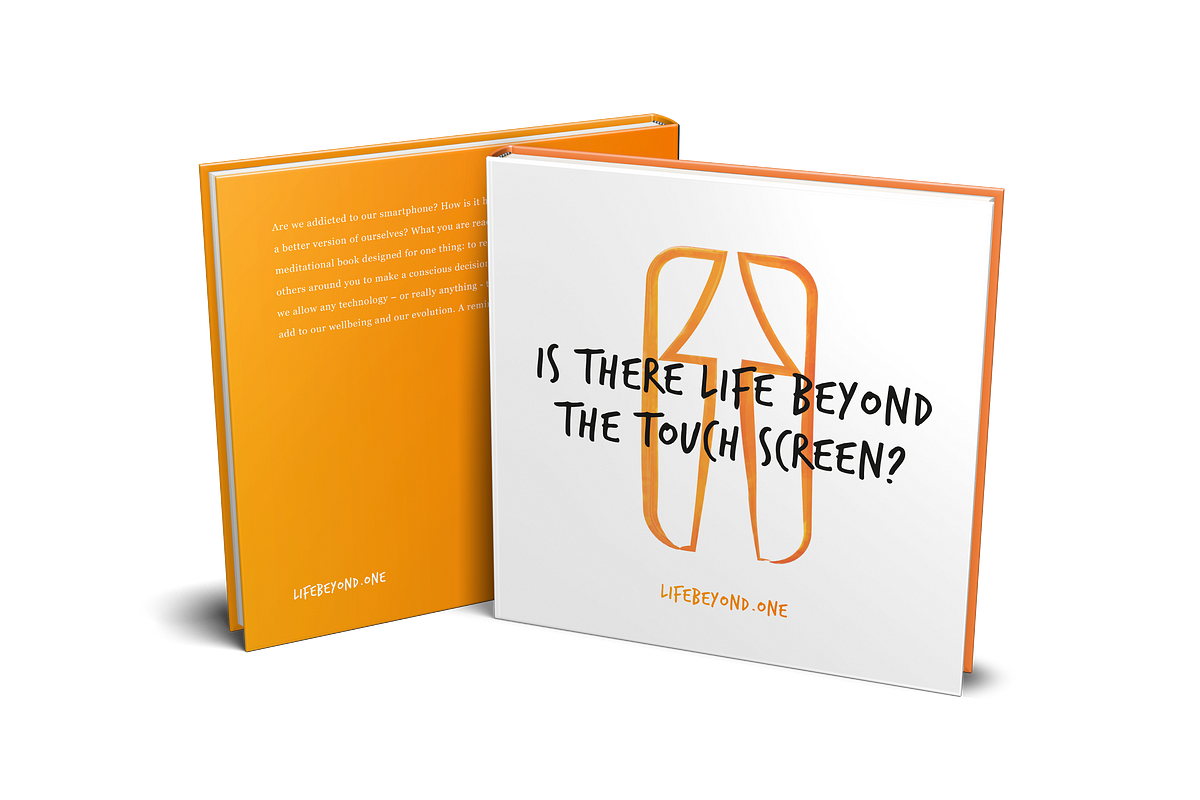What are the Benefits of Purpose and Storytelling?
The value and ROI of creating a Purpose-based Brand or Personal Legend Story

Purpose, purpose, purpose. Everyone seems to be peddling it, everybody seems to be selling it. In business, marketing, and in the booming business of life coaching.
Why?
Why does it matter so much that you have or find your Purpose? What difference does it really make in life? And what is the value of storytelling in relation to Purpose, to you personally, or to the people in your business? What will it do for your brand and your bottom-line?
I’ve got some things to share with you, on Purpose
I’ve just finished writing my new book: “Legend Storytelling: How to Find, Communicate and Live your Purpose”. It’s being proofread by a few very smart people as we speak. In the book, I take the time to make the case for the benefits in life and ROI in business, of starting to find your Purpose.
The following is an excerpt from that book. I hope it will be useful to you, and would love to hear from you if it is. In this article you’ll find:
- A working definition of Purpose;
- Philosophical and existential benefits of finding your Purpose;
- Benefits for mental and physical health, longevity and well-being;
- The business value of finding and operating from Purpose;
- The value of Storytelling as it relates to Purpose.
We’ll get to all of these in a minute. But first, Meet Paulo.
Meet The Master: how Paulo Coelho’s books helped me find my Purpose, my Vehicle and my Path
Paulo Coelho de Souza is a Brazilian novelist, who — among other things — was raised in a Christian family, felt drawn to occultism, was committed to a psychiatric hospital by his family three times, abandoned his dream of becoming a writer and started studying law, dropped out of law school and traveled Brazil as a hippie and songwriter.
Among many of the other books and authors I generally reference, it were the books by Paulo Coelho that helped me become aware of the importance of finding a higher goal for yourself in life to begin with — an insight I since then apply to my personal coaching as well as for organizations and brands.
The Alchemist and The Zahir were most instrumental in this respect. Those two books also triggered and kept alive the drive to keep devoting time to thinking, experimenting and going on adventures in order to find, grow, improve and maintain my sense of Purpose in life.
The Alchemist and more so The Pilgrimage taught me more about what it takes to stick to the path, and taught me to come to understand that sometimes (or oftentimes) searching the path is the path.
And vice versa; the path is oftentimes simply the continued journey and search for itself.

The Archer, finally, reminded me, once more, of the importance of staying committed to your Personal Legend, Purpose, Vehicle (what’s your bow and arrow?) and path. It reminded me that it can be ever so useful to find teachers and comrades along the way, and to invest in learning from others as well as sharing whatever you know that can be helpful.
Now, with that out of the way;
What is the definition of “Purpose”?
Let’s make sure we’re talking about the same thing. Research commissioned by the John Templeton Foundation defines purpose as “A stable and generalized intention to accomplish something that is at once personally meaningful and at the same time leads to productive engagement with some aspect of the world beyond the self.”
The Taking Charge program at the University of Minnesota adds the following:
“Your life purpose consists of the central motivating aims of your life — the reasons you get up in the morning. Purpose can guide life decisions, influence behavior, shape goals, offer a sense of direction, and create meaning. For some people, purpose is connected to vocation — meaningful, satisfying work. For others, their purpose lies in their responsibilities to their family or friends.”
That’s as good a definition as we’re gonna need for now. Something that is personally meaningful and at the same time meaningful for something greater than the self. Awesome.
Why is it so important to have or find your Purpose?
Finding your Purpose brings an intense amount of productivity, performance, health and happiness benefits to our lives as individuals and in organizations. It’s a lot, really, that it can do for you. There are three main categories in which I would describe the benefits of finding your Purpose:
Philosophical and existential benefits of finding Purpose
First of all, Purpose gives you a sense of freedom, a sense of self-direction and meaning. And it is meaning that we need to combat the inevitable pain and suffering which we all come across in our existence, sooner or later.

In his wonderful book ‘Everything is F*cked’, Mark Manson describes the philosophical case for abandoning hope altogether (yay!), as part of the process of moving from a childish, to an adolescent and finally truly adult worldview.
In that same graciously and hilariously written book he explains the philosophy of Immanuel Kant beautifully, focusing on one pivotal aspect in Kant’s work: ‘The Humanity Principle’:
“Act that you use humanity, whether in your own person or in the person of any other, always at the same time as an end, never merely as a means.”
By ‘Humanity’, Manson writes, Kant basically means consciousness. In the eye-opening ‘Everything is F*cked’, we end up with a translation of Kant’s humanity principle as follows:
“Each person must never be treated only as a means to some other end, but must also be treated as an end themselves.” Including yourself. That is to say: yourself, your consciousness and other people and their consciousness are the highest good.
Kant explained by Manson is about being the best version of yourself in terms of morality and in terms of creating the most value you possibly could for yourself and the world. It’s about the moral obligation to strive towards self-improvement.
I like that a lot. Although, and contrary to Manson, I would add: creating a Purpose story for yourself can be a beautiful and very effective way to give direction and motivation to your striving to be the best you can be.
Finally, Jordan Peterson has some valuable insights to share on the existential value of finding Purpose:
“The [neural] circuitry that produces the emotional responses that people really like, is only triggered when you work towards a goal that you really value. It’s dopaminergic [triggers dopamine and thus: pleasure and focus] and also literally analgesic [pain-killer].
So: Find something that has meaning. And meaning can be found — in assuming responsibility. […] Assuming responsibility voluntarily helps you to find your fundamental strength. And I think that’s a clinically unassailable truth.”
Happiness, mental and physical health benefits of finding your Purpose
There’s also a ton of basic human health benefits associated with Purpose.
A growing body of research finds that purpose in life leads to greater emotional and physical health, greater longevity, increased happiness and enhanced work productivity;
The John Templeton Foundation research review finds that purpose “is a central component of most leading conceptions of optimal human development and psychological well-being”. For example, purpose fosters life satisfaction and positive social relationships.
Purpose in life has also been found to be associated with improved physical functioning late in life.
One study found adults between the ages of 51 and 61 who lacked a sense of purpose were more likely to die early, particularly of cardiovascular disease. In another investigation, purpose in life was a stronger predictor of life outcomes than traditional risk factors such as smoking, drinking, and lack of exercise.

As purpose is related to community, it’s also negatively correlated with loneliness, which in turn is one of the most important risk factors for various potentially life-ending diseases, possibly even more dangerous than all of the risk factors mentioned above.
In older adults, a sense of purpose is also negatively associated with the incidence of Alzheimer’s and strokes, and positively connected to greater neuroplasticity.
Having a sense of Purpose helps keep your learning brain younger and healthier, for longer.
Purpose strengthens your immune system. People with a sense of purpose are less likely to experience a stroke or become addicted to alcohol and drugs. Finally, when you live a life of purpose, you’re more efficient, and you delegate better. Studies show you even enjoy better sex (yay)! Overall, a sense of purpose is linked to a longer, healthier, more satisfying life.
Purpose gives us much more Flow, more motivation and creativity, better results
Finally, and as we’ve seen in this article on Flow and from the work of Csikszentmihalyi and Kotler; Purpose is related to Flow in such a way that having a clear Purpose greatly increases motivation and Flow.
This means Purpose gives you much higher productivity, much better quality outputs, and a higher learning curve in your work. Et cetera and so on. Read more on these Flow-inducing benefits of finding purpose, here:
What is the Flow State and what can Steven Kotler and other researchers teach us about it? What does it get you, and…lifebeyond.one
The best part: all of these work for individual humans as much as for businesses.
The benefits and ROI of Purpose for individual humans and in business
So, OK, wow. If stimulating and facilitating yourself and other people in your organization and connected to your brand to find their Purpose isn’t valuable enough based on the insights above, consider the following:
Organizations that operate in alignment with a clear Purpose, do much better across all important measures and aspects. Revenue, growth, customer and employee satisfaction, and overall environmental and social impact.
Purpose-driven brands reach up to 300% more growth in revenue. In a recent report, Deloitte Consultancy advocates “Bringing Authenticity to our digital age”:
“Purpose-driven companies witness higher market share gains and grow on average three times faster than their competitors, all the while achieving higher employee and customer satisfaction.”
Why? Well, the obvious answer is: Purpose gives brands, organizations, customers and people in general much greater clarity — across the board. Clearer communications, clearer goals, and priorities.
Now, what other important goals could businesses and brands have other than improving employee satisfaction, customer satisfaction, and revenue? Having a positive impact on society and the world at large, maybe?
Well, turns out Purpose-driven CSR (Corporate Social Responsibility) initiatives outperform other CSR initiatives as well, in terms of impact for good in the world and other measures.
Ok, so — finally: how does Purpose relate to the value of a Purpose-based story?
The value of storytelling and self-authoring
Human beings, whether in their personal life, in a group or organization, or in society, need a story to thrive. Read Yuval Noah Harari’s ‘Sapiens’ to understand more thoroughly just how deeply engrained the storytelling and story-seeking instincts are in our bodies, our minds; our cultures and languages. Read ‘Homo Deus’ to understand why we need a new story for a better future.
As deeply social creatures, storytelling has been part of human life since the beginning of time. Research shows that stories are 22 times more memorable than facts and figures. Several studies show that the cortex in the brains of humans light up like fireworks when stories are told.
What is a story? A story is a sequence of words or images symbolizing a sequence of events, that connects otherwise chaotic and random-seeming personas, places and events in a logical chain that helps us to make sense of some part of history; past, present and future.

A good story is almost always connected to some kind of a feeling, and introduces something new. A good story has a tension arc; it starts with a given set of circumstances and a central figure, and then moves into the next phase — the middle — with a challenge; a change. It ends when the challenge has been met and the change has resulted in a new set of circumstances.
What is the value of storytelling in business, branding, and marketing?
Brand building irrevocably adds value to a business. Managers know it, and financial analysts and investors know it as well. Even in financial markets and analyses the intangible asset that is the brand of a company is getting more and more weight over the last few years. Close to 30 percent of total business value is attributed to brands.
Brand building is an investment, not a cost.
Storytelling lies at the base of Brand Identities, and in most cases it is the Brand’s Purpose Story that is at the core of the brand, as we have seen from Olin’s and Sinek’s work on identity. Next to that, storytelling makes it much easier for people to connect to the idea or construct of a brand, because it helps make a brand more human and more relatable.
And unsurprisingly, storytelling improves the effectivity of marketing and branding initiatives substantially. According to research by Headstream, if people love a brand story, 55% are more likely to buy the product in the future, 44% will share the story, and 15% will even go so far as to buy the product immediately.
For marketers, it’s commonplace by now to assume that content that tells a story rather than factually tells the prospective client all about the product, helps move the needle. And we’ve got the stats to prove it. Aside from me boring you with a bunch of marketing statistics though, I think it might be fun if I share data from a really interesting experiment, from a whole other field:
Significant Objects, a literary and anthropological experiment devised by Rob Walker and Joshua Glenn, demonstrated the effect of narrative [or: story] on any given object’s subjective value.
The project auctioned off thrift-store objects via eBay; in stead of your typical item descriptions, they used short stories purpose-written by over 200 contributing writers. The objects, purchased for $1.25 apiece on average, sold for nearly $8,000.00 in total. That amounts to an ROI of about 400%. Dude.
So, that’s what Storytelling can do for your brand and your business. Now, what can it do for you and your people?
What is the value of Personal Story-writing?
In the context of Purpose (and my upcoming book “Legend Storytelling: How to find, communicate and Live your Purpose”), Personal Story-writing or Self-authoring has many benefits, at the core of which lies the benefit of helping you and others around you understand your Purpose and core values — and all of the happiness, existential, and productivity benefits that come with that.
Next to that, Self-authoring can be the basis for your or your people’s connection to the core idea, Purpose and values of your organization or brand as in an employee advocacy program, as you will see in the next segment of this book.
Finally, Self-authoring — which is part of what we’ll be doing in the 30-day journey incorporated in my upcoming book — as conceived by psychologists from the University of Toronto, McGill and Erasmus University and a specific form of personal story-writing or storytelling, has been shown to have therapeutic and performance-enhancing effects;
- The McGill Study published in the Journal of Applied Psychology showed that Setting, Elaborating, and Reflecting on Personal Goals Improves Academic Performance.
- The Rotterdam Study, published in Nature magazine reported how a scalable goal-setting intervention closes both the gender and ethnic minority achievement gap.
- Finally, the Mohawk Study by The Higher Education Quality Council of Ontario showed how Future Authoring can be used to Improve Student Outcomes.
The above has been an excerpt from my upcoming book. I’ve just finished writing my new book: “Legend Storytelling: How to Find, Communicate and Live your Purpose”. I’m also starting a trial with a small group of people who will be helping me evaluate and improve the 30-day Storytelling journey included in the book.
If you’d like to be updated when the book becomes available, be sure to sign up for my newsletter here on my website — you’ll also receive monthly updates and the occasional freebie. If you want to be included in the 30-day Storytelling journey, connect with me here.

My previous book “Life Beyond the Touch Screen” is available here as an e-book or paperback. It’s a meditational booklet designed to increase our consciousness around the impact of digital technology on our lives as individuals, in organizations and society. A reminder to choose. Take back your energy, focus, and time: get your copy now.
For a limited offer use code MentalHealthFocus2020 on my website www.lifebeyond.one for a 15% discount on all items.
Read more on medium, the blog here or on other places:
Steven Kotler on Flow State, Motivation and Peak Performance medium.com
Maximizing the Value of Our Time, Attention, Energy and Tech medium.com
The Ethics of Digital Transformation medium.com
We don’t have all the answers, but maybe we can start asking the right questions medium.com
Statistics about smartphone usage pre-2020 and post-covid-19medium.com
6/8 — Purpose-driven use of Marketing Technology medium.com
